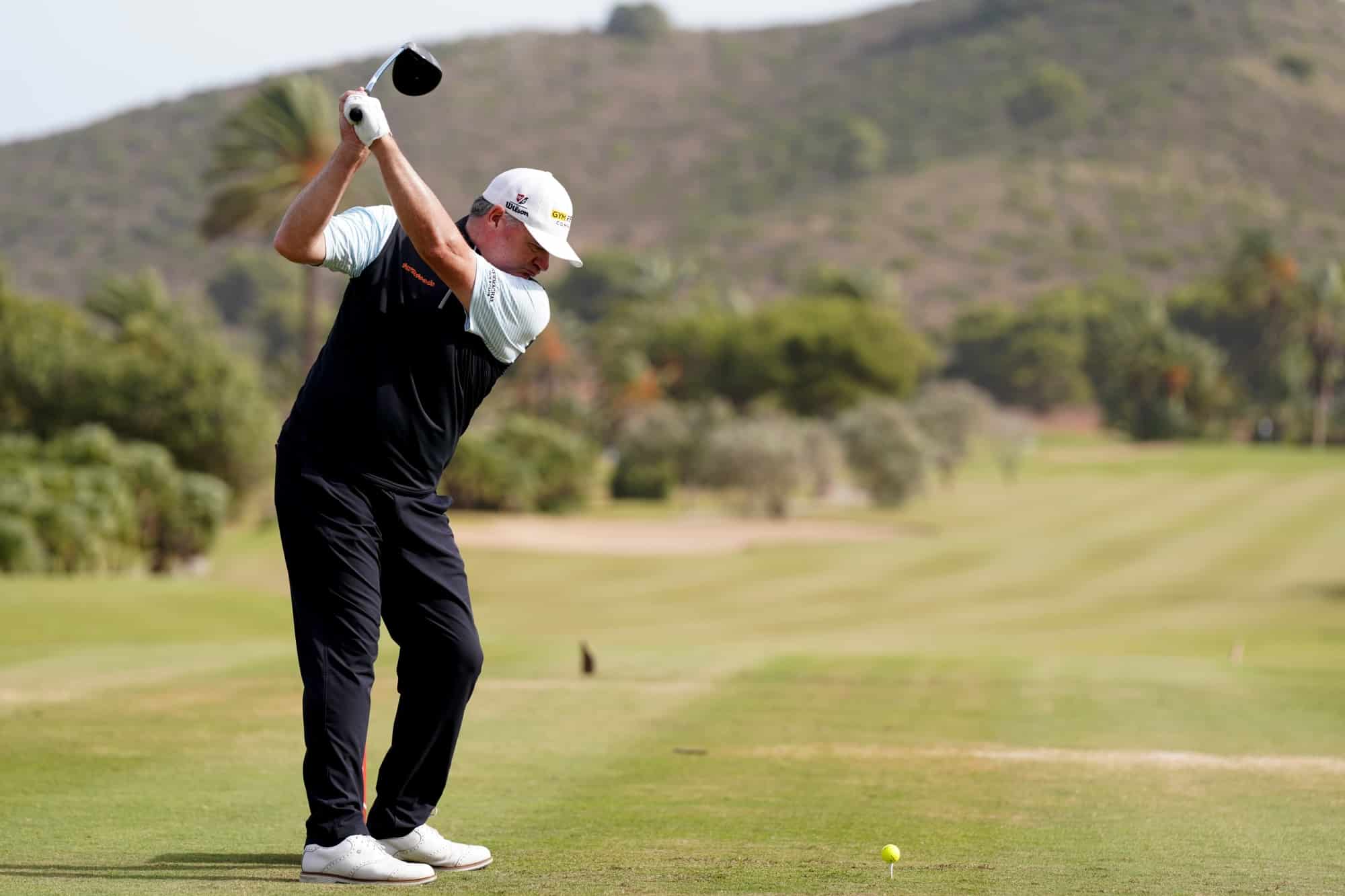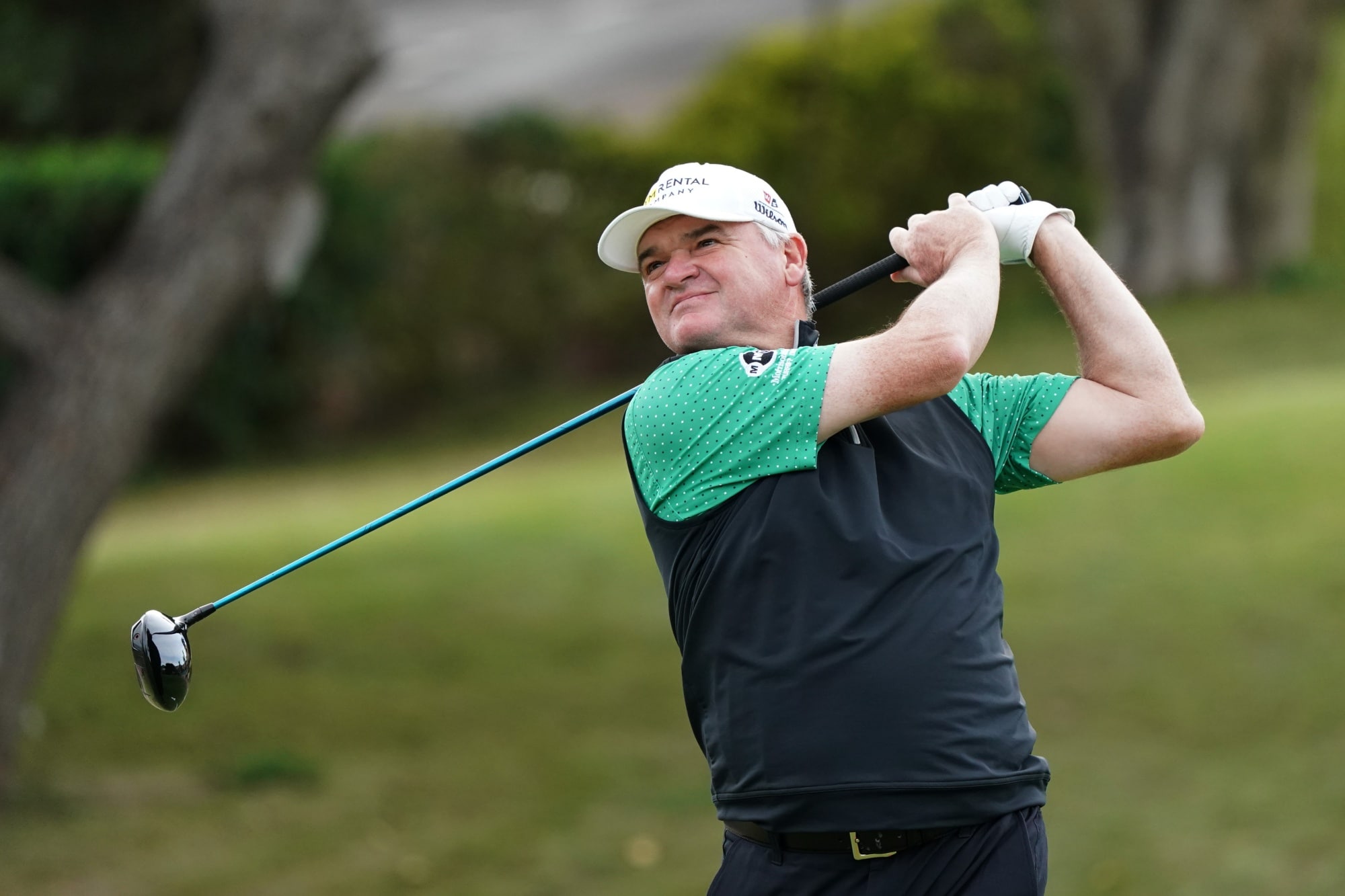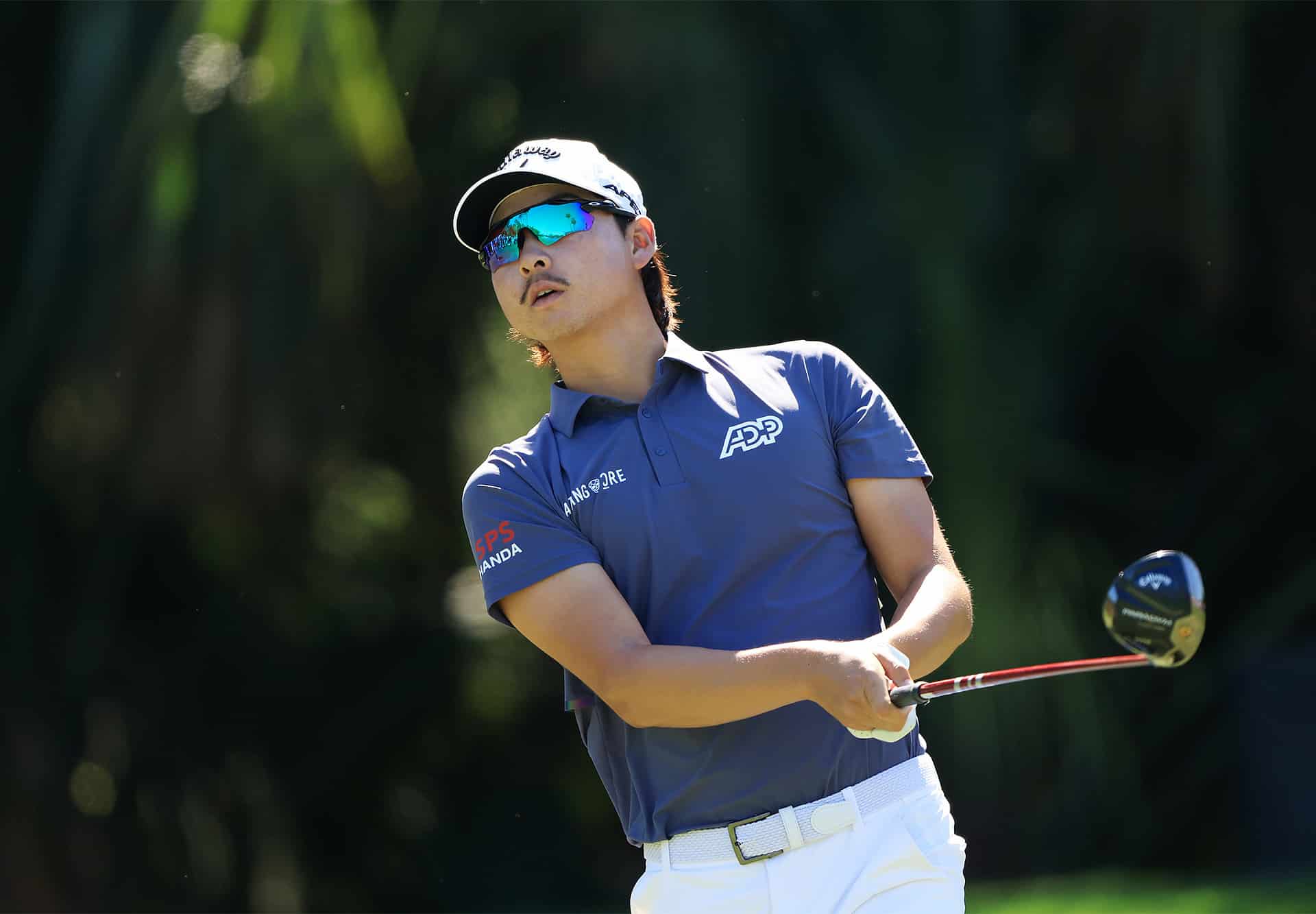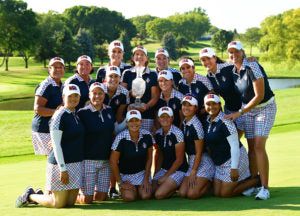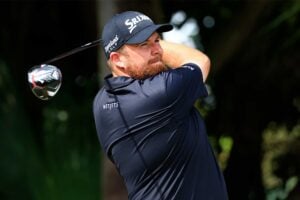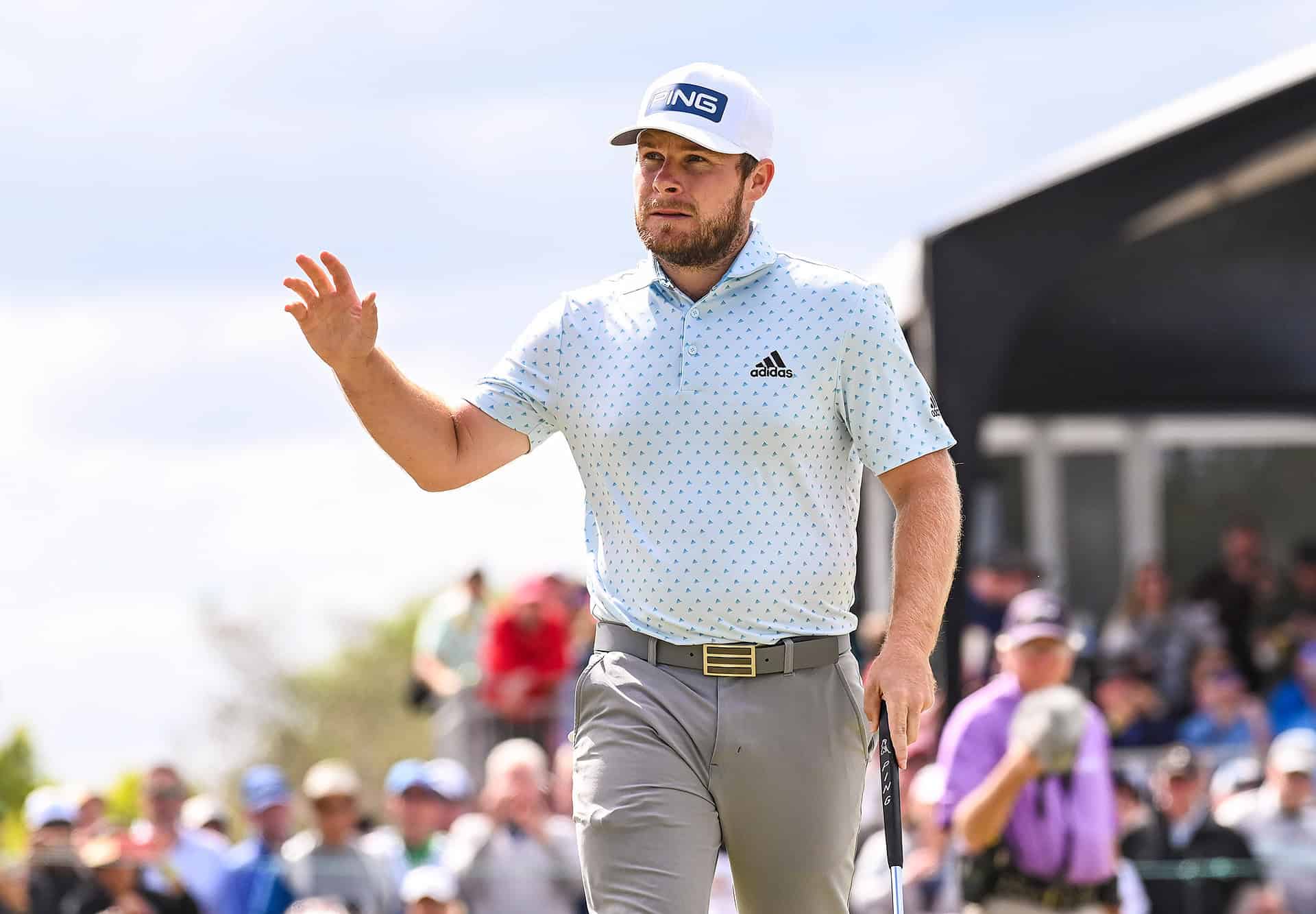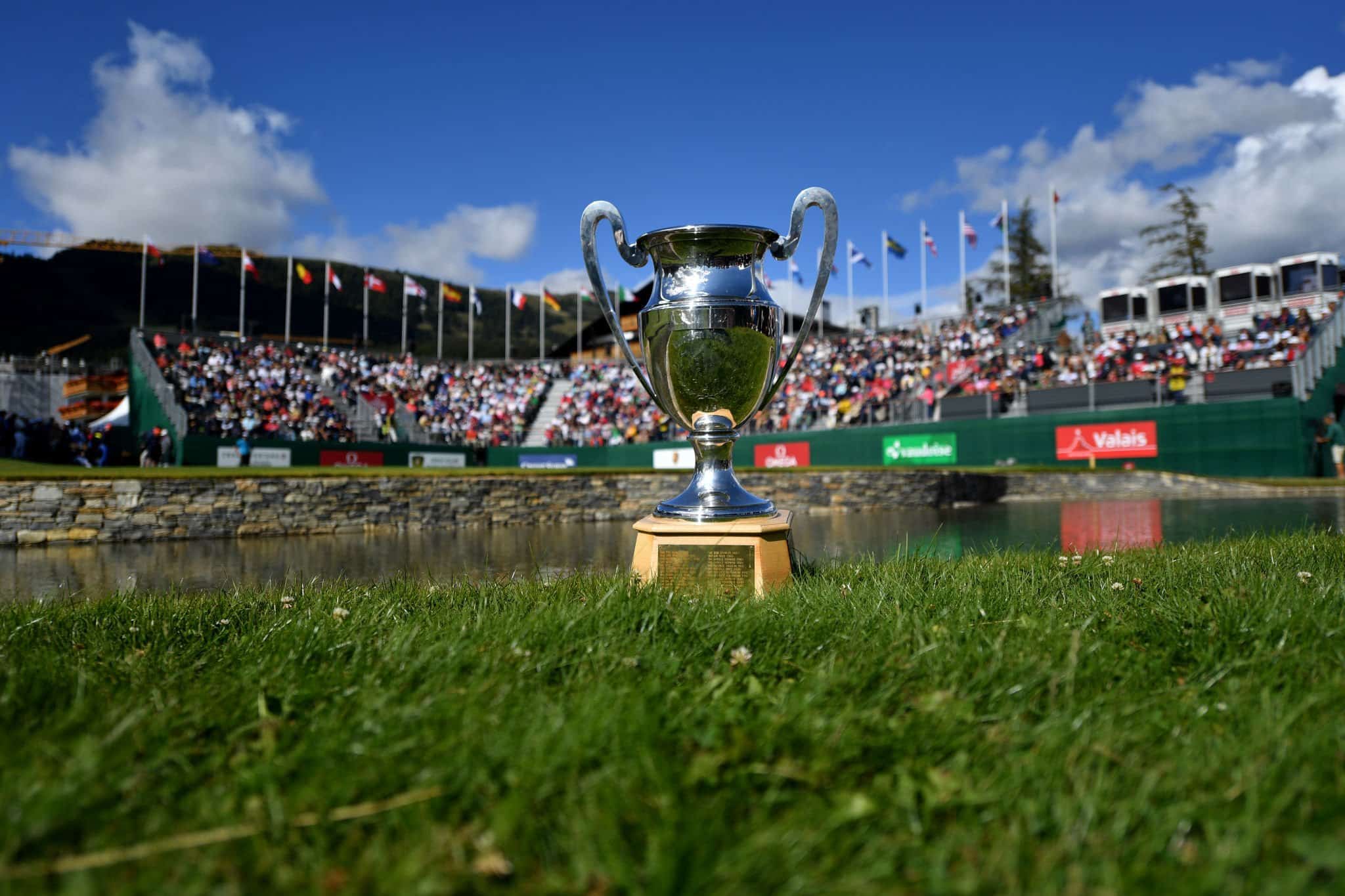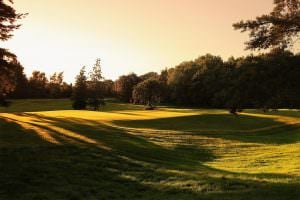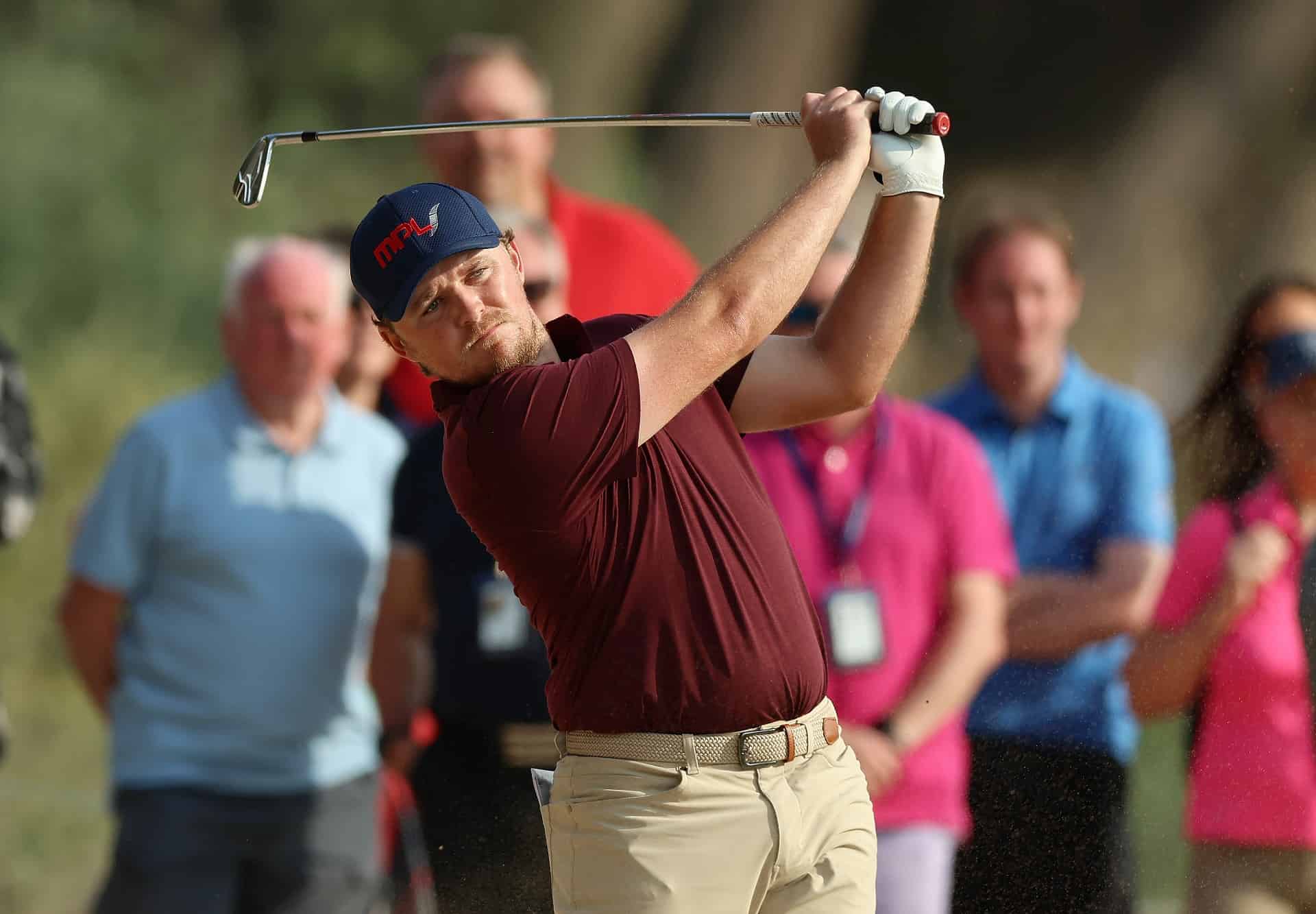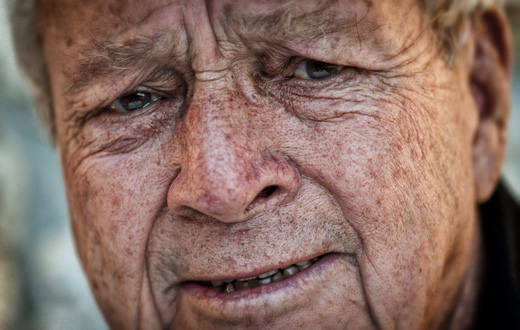
Open Golf: An interview with two-time winner Arnold Palmer
Twice in the last five years Tiger Woods has missed the Open Championship. In both cases (at Birkdale in 2008 and Sandwich in 2011) the reason was injury.
The prospect of the World No 1 – or the likes of Phil Mickelson, Bubba Watson and Dustin Johnson – simply not bothering to travel because the Open was not important enough is unthinkable. And for that we have to thank Arnold Daniel Palmer.
We take it for granted that the best players from all over the world, and especially the Americans, will want to compete for the Claret Jug. It is what makes it, for many of us, the greatest event in the golfing calendar.
But it was not always the case. And especially not in the austerity of the post-war 1950s when it cost more to cross the Atlantic than could be won in prize money.
These were dark days for the Open Championship. In the 1920s and 30s, Walter Hagen and Bobby Jones had dominated, winning seven times. Following the Second World War, few of the Americans even bothered coming across.
The Open had ceased to be a draw – and for several reasons.
Perhaps most compellingly, they could earn more money and arguably compete against a stronger field by staying at home.
The travel was much more arduous and relatively expensive than it is now.
And rather insultingly to them, the Americans, like everyone else, were expected to pre-qualify, which made the trip even longer and meant they had to travel without even a guarantee of a place in the field.
Their absence was turning the Open into a second-class event, albeit one graced by the likes of Bobby Locke and Peter Thomson, both prolific champions in this era.
Palmer, already a working-class hero in America, changed that in a stroke when he decided to make the long journey across to the centenary Open at St Andrews in 1960.
So what made the then reigning Masters and US Open champion decide to cross the Atlantic in the first place?
“My father was a professional and from the time I can remember playing and competing he always said: ‘You know, Arnie, you’ve got to play internationally to be great’,” said Palmer.
“And of course that sunk in. He was a very influential guy in his conversations and his feeling about the game. Something that made it even more important to me was that the president of Latrobe Country Club, Harry Saxman, said: ‘Well, if Arn’s going, you and I will go too’.
“So he brought my father and they went to the Open at St Andrews with me, which was great. It was an excitement that set up my life for playing international golf. It’s very special to me that my father came to St Andrews with me. That’s important.”
The great adventure actually began with a trip to Dublin for the World Cup, in those days known as the Canada Cup, where Palmer was paired with Sam Snead.
The venue was Portmarnock, arguably the finest course in the Republic of Ireland, and it was here, in July 1960, that Palmer gained his first experience of links golf.
As with all the greats over the years, the intricacies of the seaside game revealed themselves quickly to the American.
“Yes, I picked it up. Before getting to St Andrews, my only experience up until then was Portmarnock for the World Cup. That was the first links course of that nature I had ever played.
“I played with Sam Snead and we won the team but Flory van Donck – do you remember him? – he won the tournament individually – he beat both of us, but we won the team. And that was my first experience.
“I played well there and I loved it. I loved the Irish and I loved the setting and the atmosphere and the environment and everything. That was fun.”
Palmer and his father continued on their way to Scotland, where he would begin a lifelong love affair with St Andrews and the Old Course. First impressions, though, were slightly different.
“Well, I suppose the proper language would be ‘surprised’ at St Andrews,” he said.
“Thursday was the day I won the tournament. It was so bad I shot such a low score it put me aside from the rest of the guys and afforded me the chance to win.” “I had read a lot about it and knew quite a bit about it but much to my relief – and I say relief because it was scary to play St Andrews the first time and not know where any of the hazards were and the bunkers – I had Tip Anderson as my caddy and he was wonderful. He was the greatest. He knew everything and he could direct me. Without him I would have been lost.
“It would have taken me a lot longer to pick up where I did and play as well as I did.”
St Andrews local James ‘Tip’ Anderson, who died in 2004, was at Palmer’s side in every single Open Championship he played.
“Tip was the epitome of the ‘old world’ caddie,” said Palmer. “A man of few words, wry Scottish wit, loyal, punctual and, of course, very good at what he did.”
Alongside Anderson, and on his Open debut, he would finish second behind Kel Nagle.
“It took me a while before St Andrews became so special to me. It’s knowing where to hit the ball and using the memory that you have to direct you, to tell you where and to get into the ‘feel’ for the golf course.
“You can almost hit it away from where you think you should hit it to be in that safe position. And that was something I had never experienced.”
In the end, despite a classic Palmer charge on the final day, he came up one short. But that was not quite the end of his first European adventure, thanks to an unscheduled trip to Paris.
“I got on very well with the British press, who supported me greatly. A lot of things happened and the Pat Ward Thomases and the Henry Longhursts and that group collectively endorsed what I was doing and in fact they got into it so heavily that they convinced me to play the French Open the following week.
“They got me in the press room after the Open and pulled and pushed and after many hours of talking and doing the recourse of the Open – that I had just lost – they talked me into agreeing to go.
“It was the following week and of course they talked Gary Player into it too, by telling him that I was playing! So he said he’d go.
“So we got there – and they wouldn’t let us play. They said our entry was late. Well, I got there on Tuesday morning and I was in New York Tuesday afternoon.”
A year later, at Birkdale, and Palmer was back. But in those days, even players of his stature had to earn a place in the field.
“I don’t know if I expected to win but one of the things I thought was a little bit funny was that by ‘61 I had won the Masters – twice – and I had won the (US) Open and I had to qualify for the British Open. Over 36 holes.
Both times that I won I had to qualify, which was a little bit…
“And that’s when I said to the R&A after I’d won that I wouldn’t return if I had to qualify and that’s when they changed the rules.
“Well, I never said a word until then but I thought it was kind of unusual. I mean, one of the reasons that the American players didn’t go to the Open was because they had to qualify and they wanted to ensure after making the trip that they were going to play.”
In those days, it was two rounds on Thursday and two on Friday. Having qualified, Palmer had to cope with extreme weather; heavy winds and rain on Thursday led to Friday’s play being abandoned and the second half of the event taking place on Saturday.
“Thursday was the day I won the tournament. It was so bad I shot such a low score it put me aside from the rest of the guys and afforded me the chance to win.”
He also hit one of the most famous shots in Open history, a recovery from some deep willow scrub to blast his ball on to the green some 150 yards away when a penalty drop seemed more likely.
“Compared to St Andrews, yes, you can see it, it’s pretty open to play. I like Birkdale – obviously. And I enjoyed the fact I knew where the problems were. Tip knew the course very well. So that worked out very well.”
Palmer eventually won by a shot from Dai Rees and therefore had the satisfaction of coming to Troon the following year with the Claret Jug in his possession.
Was it satisfying to come back as Open champion?
“You could say that!” he exclaims. “Without question.
“At Troon, of course I loved it. I played some of my best ever golf. As you know, the fairways at Troon are pretty humpbacked, and I was hitting it good enough to keep it right in the middle and that gave me the opportunity to get a pretty good lead and keep it.
“And Nagle was right there again, it was he that I beat.
Palmer finished six clear of the Australian and 13 ahead of Brian Huggett and Phil Rodgers in third.
“Yes, it was somewhat a separate event. It was nice to go down the 18th and enjoy it and I love Troon.”
Anderson last caddied for Palmer in the 1990 Open.
“We still saw each other from time to time after that, when I visited Britain,” Palmer said. “I hope that Tip had one last beverage the day he passed away. It would have been most appropriate.”
As for the man himself, might his British fans get one last chance to see him gracing our fairways?
“I have a lot to do with St Andrews still, I love the course and the town. And the British fans, well, they were great. They want me to come over this year for the 600th anniversary but it’s a long way for me to go – I’m 83 now – so we’ll see.”


